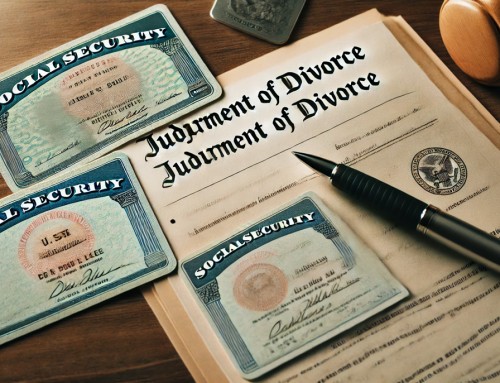Why You Need An Agreement
In one of my prior blogs, I talked about why it made sense for  people, especially older adults, to live together rather than remarry. However, if this is something you are considering, I recommend that you enter into a written agreement with your “intended” before you take this step. Here’s why.
people, especially older adults, to live together rather than remarry. However, if this is something you are considering, I recommend that you enter into a written agreement with your “intended” before you take this step. Here’s why.
When two people decide to live together one or both of you will probably give up your current residence. While it certainly makes sense to reduce the expense of having two residences, there is always the possibility that things won’t work out. And if they don’t:
- Who stays and who goes?
- How is the one who is moving out compensated for moving expenses?
- How will you divide any equity or liability for a shared residence?
- How will you divide any furniture or personal property?
I have seen too many cases where one person moves into the residence of the other without any agreement and without even having the deed to the house titled in his or her name. If things don’t work out the “title” owner has the right to remove the other person without so much as a “thanks for all you’ve done” in taking care of the house, paying the bills, and contributing to the growth in the value of the asset.
If you decide to move into the other’s residence, the best course of action is to have the deed placed in both names before you move in and have an agreement drawn up that clearly states what you would receive, if anything, should you leave.
The same rules apply if the two of you are buying a new house together, which, by the way, is probably a much better choice than moving into a house owned by one of you. That way, the new residence feels equally like home to each of you.
Another good idea is to keep your finances separate. While you can have a joint bank account or credit card to pay joint obligations, don’t keep a lot of extra cash in that account and don’t have a credit card with a high (by your standards) credit limit. That way if things don’t work out you can simply close the joint accounts and resume the use of your own accounts and credit cards without having your credit ruined. And make sure those joint accounts are cancelled right away so you don’t end up with a debt or loss due to the other person’s ability to access those accounts.
Finally, having a new will drawn is almost as important as the basic agreement since an “unmarried” partner has no right to the assets of the partnership. You could literally be out on the street if the partner you are sharing a house with should suddenly die and the house is left to his or her children or other beneficiaries.
The bottom line; have a written agreement that determines these things before moving in together. This is one place where an oral agreement is not worth the paper it’s written on!
Share with Friends:
Need More Information?
To schedule a free phone or video consultation, complete and submit the form below, email us at [email protected], or call 518-529-5200.





